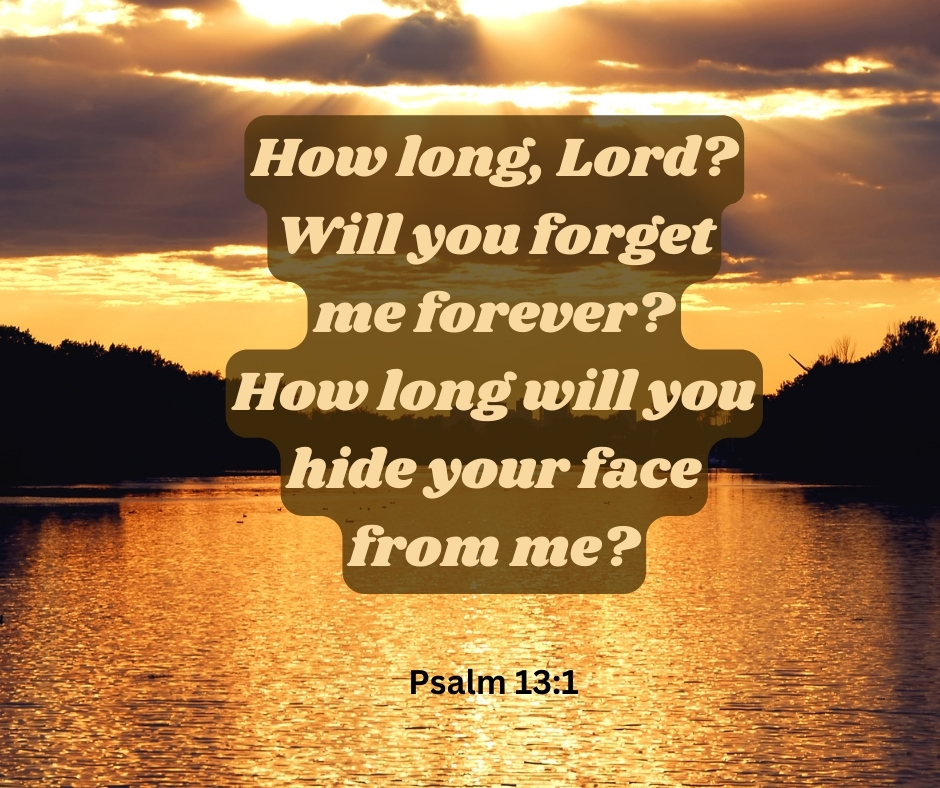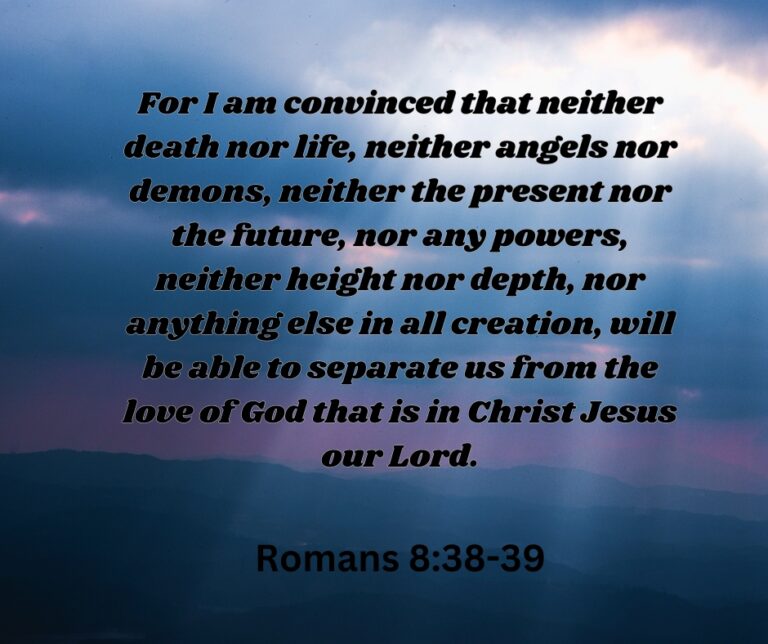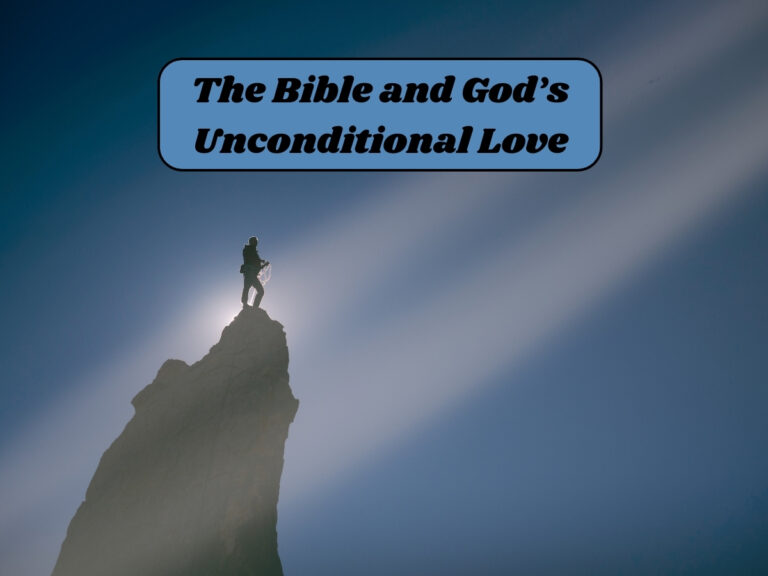Psalm 13:1


How long wilt thou forget me, O Lord? for ever?
How long wilt thou hide thy face from me?
King James Version

How long, Lord? Will you forget me forever?
How long will you hide your face from me?
New International Version
Faith & Trust
Psalm 13:1 contains a raw and vulnerable cry that has echoed from the depths of countless troubled souls throughout history “How long, O Lord? Will you forget me forever? How long will you hide your face from me?”
These words reflect the very human experience of feeling abandoned, forgotten, and desperately longing for God’s presence during seasons of darkness and affliction. The psalmist David powerfully expresses the anguish of a heart that fears the Lord has turned away and left him utterly alone.
The opening refrain “How long, O Lord?” sets the tone of plaintive pleading and emotional despair. David is crying out from a place of feeling overwhelmed by adversity and opposition. The repeated “How long?” conveys a weariness of spirit, an exhaustion from prolonged suffering with no relief in sight.
His next lament “Will you forget me forever?” reveals a fear that God has become indifferent, apathetic to his plight. To be forgotten by the Lord represents the ultimate desolation and abandonment for the believer. David feels ignored, cast aside without regard, left to endure his troubles permanently alone.
“How long will you hide your face from me?” expresses the aching absence of God’s favorable presence and intervention. When God “hides his face” it conveys the painful experience of divine withdrawal, of prayers going unanswered, of struggling without any tangible sense of the Lord’s guiding hand. David felt the warmth and light of God’s face was turned away, leaving him in darkness and isolation.
These words drop us right into the raw emotions and spiritual turmoil that even the devout experience when catastrophic circumstances descend. The psalm starts at this bleak low point precisely because it is so relatable to the human condition of suffering. We have all felt misery, loneliness, abandonment and wondering if God has simply forgotten about us in our hour of need.
Yet even from these abysmal depths, a glimmer of hope shines through. The very fact that the psalmist is crying out to God at all reveals that he has not fully relinquished his faith and dependence on the Lord. He is holding on, however tenuously, believing that God will respond and deliver him.
Verse 1 ushers us into the valley of despair so that we can go on the journey of rediscovering the faithfulness of God’s character. It validates the anguish of feeling alone while also modeling the pathway of lament that can ultimately restore our confidence in the Lord’s unfailing love.
This opening lament provides a profoundly personal invitation to process our own painful experiences through the prayers of this Psalm. It gives a voice to the emotions we often struggle to express to God. And it points the way to resting in the certainty that though the darkness lingers, the Lord will forever remain a present help and comfort to those who hold firmly to hope in Him.






